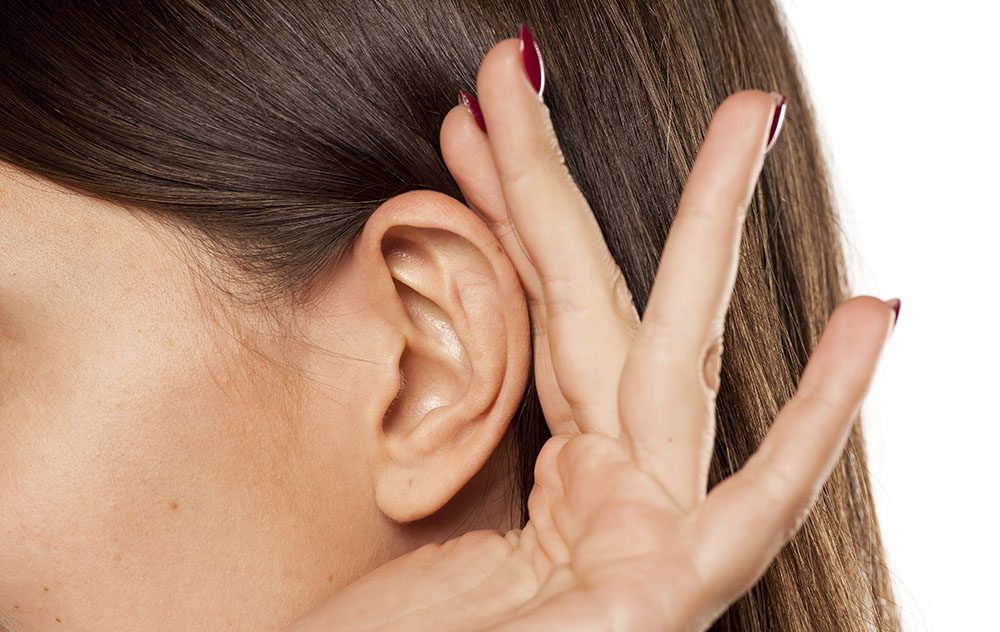The Pros and Cons of Teleaudiology: Is It for You?
Teleaudiology, a modern development in the hearing care field, is stirring
We’ve moved to our new permanent location! Learn More


Teleaudiology, a modern development in the hearing care field, is stirring

When it comes to your health, certain aspects can go unnoticed until they

Hearing loss is a prevalent issue that can affect millions of Americans